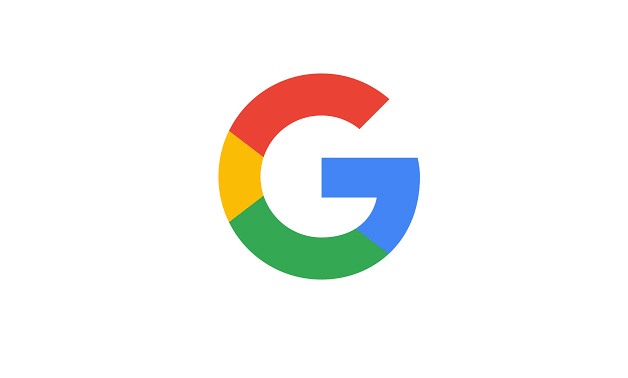
Google logo - Creative Commons Via Wikimedia
San Francisco - 28 May 2017 : Google is testing a way to tie online ads to brick-and-mortar store purchases, a move whetting marketing appetites while fueling privacy worries.
A product called "Google Attribution" was unveiled at a marketing conference this month in San Francisco by the internet giant. Google has long been able to determine when users click on an ads and make a purchase, but linking online and offline habits takes its analytics a step further.
Google senior vice president Sridhar Ramaswamy, who announced that Attribution is in test mode with a limited number of partners and will be rolled out to more advertisers in coming weeks, touted the tool as being able to answer the long-challenging question of whether marketing campaigns are working.
"Google Attribution makes it possible for every marketer to measure the impact of their marketing across devices and across channels," Ramaswamy said.
"Data-driven attribution uses machine learning to determine how much credit to assign to each step in the consumer journey - from the first time they engage with your brand for early research down to the final click before purchase."
Real-world customer email addresses or loyalty plan information can be woven with Google data from services such as AdWords, Google Analytics and DoubleClick Search to provide "a complete view" of marketing performance, according to the company.
Using artificial intelligence, or machine learning, to better analyze and understand consumer behavior to target ads and promote sales was a major theme of the conference.
For several years now, AdWords has enabled advertisers to measure visits to real-world stores stemming from online campaigns, Ramaswamy noted.
"Still, measuring store visits is just one part of the equation," Ramaswamy said.
"You also need insights into how your online ads drive sales for your business."
Real-world transactions matched back to Google ads are handed in "a secure and privacy-safe way," with store sales information reported in aggregated and anonymized forms to protect individual privacy, according to the company.
Tying online activity to offline shopping decisions has been a "holy grail" for advertisers for quite some time, and comes with worrisome privacy implications, according to ACLU senior policy analyst Jay Stanley.
Attribution threatens to intrude on a core tenant of privacy, that people can have dealings with one party not spill over into affairs with other parties they interact with, Stanley contended.
"This is an evolution, not a revolution; another step toward increased monitoring of individuals," Stanley said.
"Each step raises the question 'Where does this all stop?'"
Stanley expected Google to be on its best behavior when it came to handling the growing trove of information about users, but that even the best of intentions could crack under the "enormous hydraulic pressure of the profit motive."
"We have the full fury and genius of the capitalist system being driven toward monitoring people in ever increasing detail and companies are competing to do so," Stanley said
"It will not stop without some sort of rules in which we as a society express our values through legal protections."
Google and Facebook dominate the online ad world, and what one does to prove its worth to advertisers is likely to be copied by the other, according to Silicon Valley analyst Rob Enderle of Enderle Group.
Attribution promised to give Google a way to assure advertisers they are getting their money's worth at the firm's online venues.
"The big problem is that showing conversion from ad consumption to purchase has been horrible," Enderle said of online marketing.
"This has been a problem for a long time. Google is trying to make a metric so they get credit for it when you do purchase after viewing an ad."
Data showing which ads are translating into real sales should mean that the relevance of ads people see online will improve as marketers abandon mis-aimed or ineffectively tailored messages, the analyst reasoned.
"You are going to be hit with ads for things that you might actually want to buy, so you are going to spend a lot more money," Enderle predicted.
Worries about privacy sparked by linking offline and online activities are a decade or so late, because the time to protest was when collection began of the troves of data about people, the analyst argued.
"There really is no downside to this application," Enderle said while discussing Google's marketing metrics move.
"This is the good side of collecting data; it is what else is being done with the data that should be unnerving and that we really don't know."

Comments
Leave a Comment